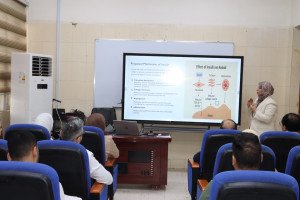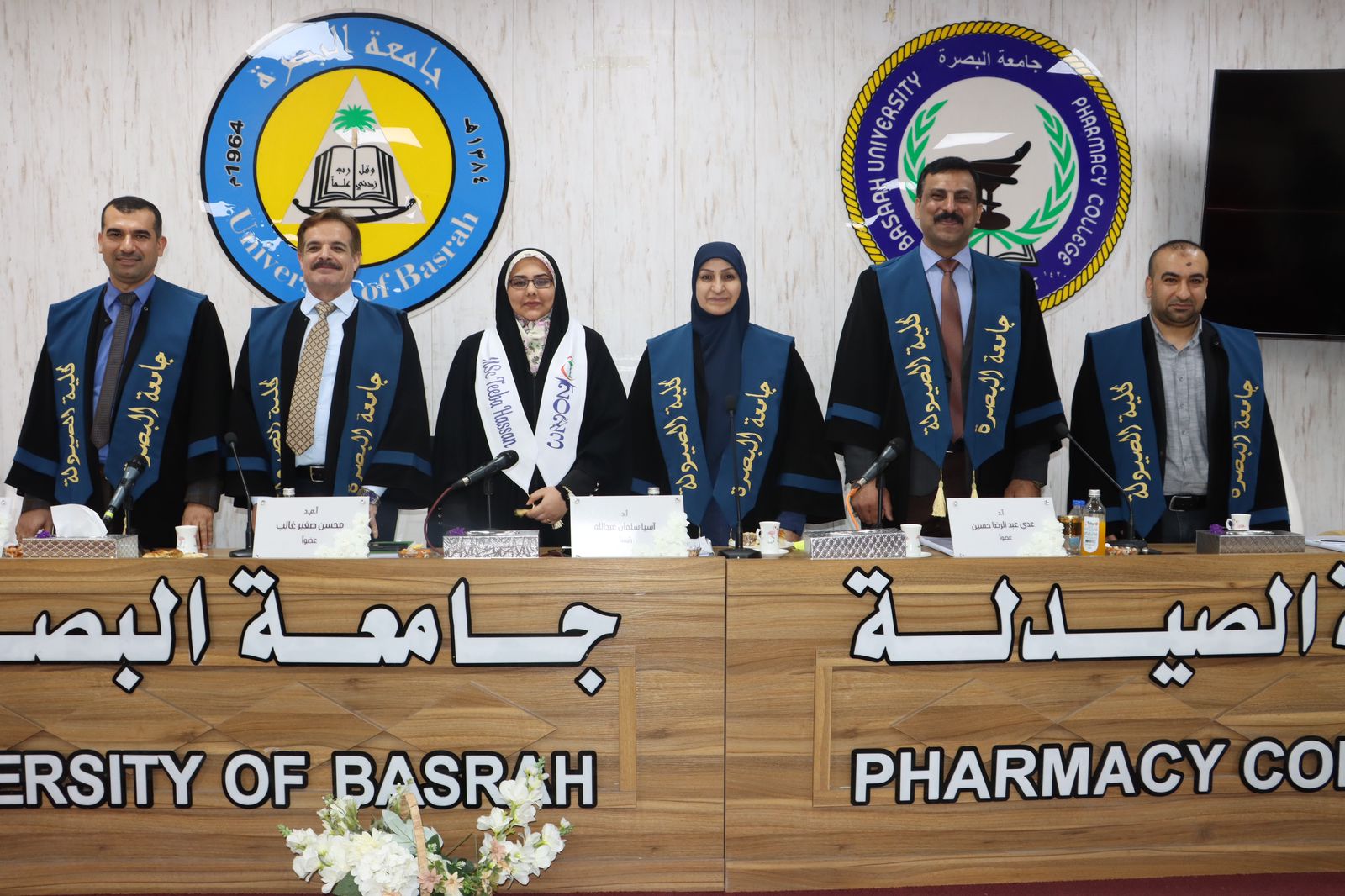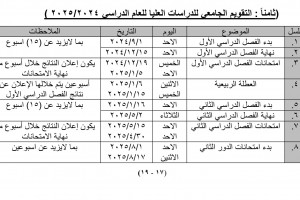
A master’s thesis at the College of Pharmacy at the University of Basrah discussed (The adverse effects of chronic and incorrect use of topical steroids on local and systemic indicators in women addicted to the use of topical steroids in Basra Governorate, Iraq)
Researcher Taiba Hassan Sakban’s indicated that topical corticosteroid medications are among the most widely used medications in the world. Topical corticosteroids have distinctive properties that contribute to their therapeutic effect on the skin. These properties include their effectiveness as an anti-itch, anti-atrophic, melanin inhibitor, sex hormone-like, immunosuppressive, in addition to their anti-inflammatory activity.
125 individuals participated in the study: 80 patients suffered from one or more obvious skin adverse effects of topical steroid abuse, while the remaining 45 individuals were considered (the healthy group).
The use of topical steroids is associated with the development of adverse effects on the skin in different proportions and frequencies, such as erythema, photosensitivity, dryness, acne, atrophy, inflammation, pigmentation, hirsutism, and rosacea. TCs also have systemic adverse effects in addition to their dermatological effects, especially with prolonged use as they are associated with increased levels of hemoglobin and erythrocytes, decreased interleukin 6 and vitamin D, and have inhibited the secretion of cortisone and adrenal hormone.
The study aimed to clarify the misuse of TCs, which is a major disaster in Iraq and is associated with major skin effects, such as erythema, photosensitivity, dryness, acne, atrophy, inflammation, pigmentation, hirsutism, and rosacea.









